The epic drama The Rings of Power continues its ambitious efforts to bring J.R.R. Tolkien’s legendary works to life for a modern audience. Set in the fabled Second Age, long before the tumultuous events of The Lord of the Rings, Season 2 picks up where the prior installment left off.
We reunite with central figures like Galadriel and Elrond amid fresh turmoil in Middle-earth. The mysterious sorcerer now known as Sauron works to deceive the Elven-smith Celebrimbor, hoping to coax from him creations of terrible and transformative power—the fabled Rings of Power. Elsewhere, tensions emerge among Dwarves, Men, and other races as darkness spreads its influence.
Through it all, celestial battles are waged, mystical realms are explored, and lives intertwine across the vast fantasy realm. This new chapter aims to build upon the show’s foundations while delving deeper into psyches, politics, and magical forces.
If Season 1 laid grounds for the saga, what follows could cast new light on immortalized lore or breathe life into lesser-known tales. For fans of Tolkien’s timeless works or anyone drawn to the spectacle of epic fiction, more mysteries may unfold.
The Rings Take Shape
This season picks up where the last left off, with Galadriel reeling at Sauron’s deception. Now posing as Annatar, he gains Celebrimbor’s trust in Eregion and helps the elven-smith craft magical rings.
At first, the elven rings seem a success—slowing decay and granting visions. But Annatar urges more ambition, and Celebrimbor is swayed to create rings for dwarves and men too. Unknown to the elves, Sauron secretly forges the One Ring, giving him power over the others.
In Khazad-dûm, King Durin takes to the dwarven ring, fueling ambitions that strain his family. Son Durin and wife Disa try keeping the peace as Old Deeper delusions take hold.
The newly-ringed men fall under differing influences. In Númenor, the passing of its king creates a power vacuum. Queen Miriel and her captain Elendil uphold tradition, but her cousin Pharazon seeks radical change, causing intrigue and unrest.
Among hobbits, Nori and her kin continue helping the mysterious Stranger unlock his identity and purpose. But they face threats from the lurking Dark Stranger and his minions hunting the wizard.
Elsewhere, old conflicts reignite as Galadriel hunts for clues on Celebrimbor’s downfall. With the Elven-smith’s creativity exploited and Sauron’s lies spreading invisible tendrils, darkness threatens to overtake the light in this defining hour for Middle-Earth.
The Weight of Destiny
In Season 2, familiar faces are tested as the growing shadows threaten to consume all of Middle-earth. Celebrimbor finds himself drawn deeper into peril by the cunning of Sauron, who masquerades as the helpful Annatar. Charlie Vickers is wonderfully slimy as the master manipulator, preying on the Elvensmith’s noble ambitions. Charles Edwards imbues Celebrimbor with a tragic pride that makes his manipulation truly heartbreaking.
Galadriel seems to question her relentless quest for vengeance at times. Morfydd Clark portrays a warrior increasingly aware of the collateral costs of her single-mindedness. Though allotted less screen time than Season 1, her resilience in the face of failure is no less gripping.
In Khazad-dûm, Durin faces an escalating rift with his father as he struggles to prevent corruption from their ring. And Disa’s care for both her husband and the king provides a glimmer of hope in darkening days. Thanks to the empathy of Owain Arthur and Sophia Nomvete, their dilemmas resonate deeply.
Political factions compete for power in Númenor too, but it’s the effect on individuals that holds interest. Particularly in Cynthia Addai-Robinson’s nuanced take on Queen Miriel coping with turmoil both public and private.
As ever, Nori continues lighting the way with kindness alongside fellow Harfoots. But even her band faces tests as a mysterious Dark Stranger and his ilk sow terror. Their perseverance in hardship reminds us of the light that could yet be rekindled.
Through it all, these characters feel real, their highs and lows a reminder that in times of uncertainty, the smallest acts of courage or compassion can tip the balance towards hope.
Majesty and Mystery
This epic saga continues to dazzle audiences with the craftsmanship backing its vision. From the lush vistas of Lindon to the fungal depths of Khazad-dûm, the settings portrayed make Middle-earth feel lived-in and believable. Costuming sparks the imagination too, whether elegant Elven robes or sturdy Dwarven attire.
Things really shine in dramatic combat, where carnage becomes art. Season 2 escalates the scale, with orc hordes clashing against noble Elven warriors. But violence is but one tone; harmony also holds power. Songs stir souls or summon magic, underscoring Tolkien’s notion of words as spells.
Of course, it’s not all beauty. Darker realms see even the light leeching away. From Mordor’s desolation to a fey stranger’s eerie forest realm, such spots instill a chill despite scenic splendor. And creepier denizens lurk in fiction’s fringes, rendering Tolkien’s terrors as tactile and true-to-form as his more graceful groves.
But the visuals are merely a canvas—life comes through performance. Whether nuanced one-on-one talks or rousing speeches stirring thousands, emotional authenticity shines through. It’s what elevates stunning vistas to vibrant worlds and solitary deeds to epic tales. In both artistry and heart, this production makes myth feel new again.
Of Power and Purpose
This season delves deeper into the true nature of ambition and how easily good intentions can sour. Celebrimbor believes the Rings will save his people, not realizing they’ll instead seal their doom. Greed and envy too emerge, weakening bonds as surely as any foe.
But corruption comes in subtler forms, as evidenced by Sauron’s schemes. His silver tongue instills not fear but faith in a gilded future—a lesson as potent as any battle’s aftermath. And as darkness takes hold, glimmers of hope endure through compassion.
These themes speak to all eras. Tolkien explored the same human struggles his world faced, and Rings of Power translates tropes while keeping their eternal heart. Whether colonialism or tyranny, evil works by making victims perpetrators and unity divisions.
This season strengthened fates intertwining amid history unfolding. While some arcs felt sidetracked, the central plot gripped with character nuance. And as in life, darkness proves relentless but light more powerful if we stand together against whatever divides us. Even in fiction’s grimmest hours, hope remains—if we remember our shared goodness and courage like the Harfoots.
Areas for Improvement
No work is perfect, and The Rings of Power shows room to grow. Some arcs lacked momentum this season, such as Nori’s quest lacking stakes. And Isildur’s adventures felt detached from the central plot.
Characterization also suffered at times. The people of Númenor maintained a stilted sense of subterfuge without breathing life into their motives. And the Stranger remained an enigma despite episodes dedicated to his past.
Pacing was another issue, dragging in parts. Reigning things in could lift the story to new heights. Subplots around episodic villains added little, distracting from tighter character focus.
Plot points also begged explanation. The context for Adar and Sauron’s falling out went unexplored. And questions lingered around the rings’ long-term effects on wearers.
Fixing these issues demands difficult choices that could strengthen future installments. trimming underused characters or side missions in favor of richer character work. Faster momentum and clarity on line could aid newcomers.
Still, much went right this season. By melding action and intrigue with empathy as skillfully as it probes eternal struggles between light and shadow, this series may one day match the magic of its source material for those who open their hearts to Tolkien’s world anew. With room to evolve, the future remains bright for all of Middle-earth.
Middle-earth’s Story Continues
Season 2 brought both wonders and room for growth to Tolkien’s epic. Sauron’s schemes gripped with their insight into corruption’s costs. And splendid setpieces showcased the production’s passion.
Yet pacing issues slowed some arcs’ momentum. And newcomers faced an immersive, if imperfectly explained, world.
Overall, this series expands beloved lore while crafting its own purpose. Fans enjoying its grounded characters and mythology’s timeless allure will find much to love. As will those drawn to visceral fantasy on a vast scale, wherever its narrative missteps.
With a road ahead and creative freedom, future seasons could polish weaknesses. But even now, its heartfelt exploration of power, fate, and free will resonates for any age. And its Middle-earth remains a place viewers gladly return to for enlightenment, intrigue, and spectacle in equal measure.
The Rings of Power curates enduring discussion around Tolkien’s as a whole—its message, meanings, and what may yet be uncovered in imagined realms as vibrant as our own. For that alone, this adaptation is valuable. But it also offers entertainment for all ages. The greatest adventures, it seems, are still to come.
The Review
The Lord of the Rings: The Rings of Power Season 2
The Lord of the Rings: The Rings of Power depicts Middle-earth with sweeping ambition, even as it establishes its own identity within Tolkien's mythology. Season 2 advanced many intricacies of the overarching story while deepening our stake in both enduring and evolving characters. If the series can maintain this balance of honoring rich lore with fresh insights, all while embracing the full scope of its paradigm-shifting potential, it will continue realizing the epic vision of J.R.R. Tolkien for modern audiences.
PROS
- Breathtaking visual world-building and production design that brings Middle-earth to life
- Skilled acting performances that make characters compelling
- Exploration of philosophical themes like corruption and fate that resonate beyond the fantasy genre
- Grand scope and scale of storytelling adapting the massive lore of Tolkien's works
CONS
- Subplots and certain storylines lacked narrative drive or character focus at times.
- Dense mythology could feel impenetrable for newcomers to the world without extensive background knowledge.
- Pacing slowed in parts, especially for less engaging arcs
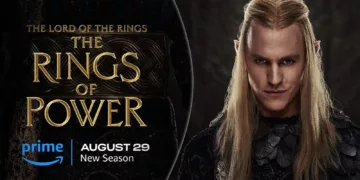








































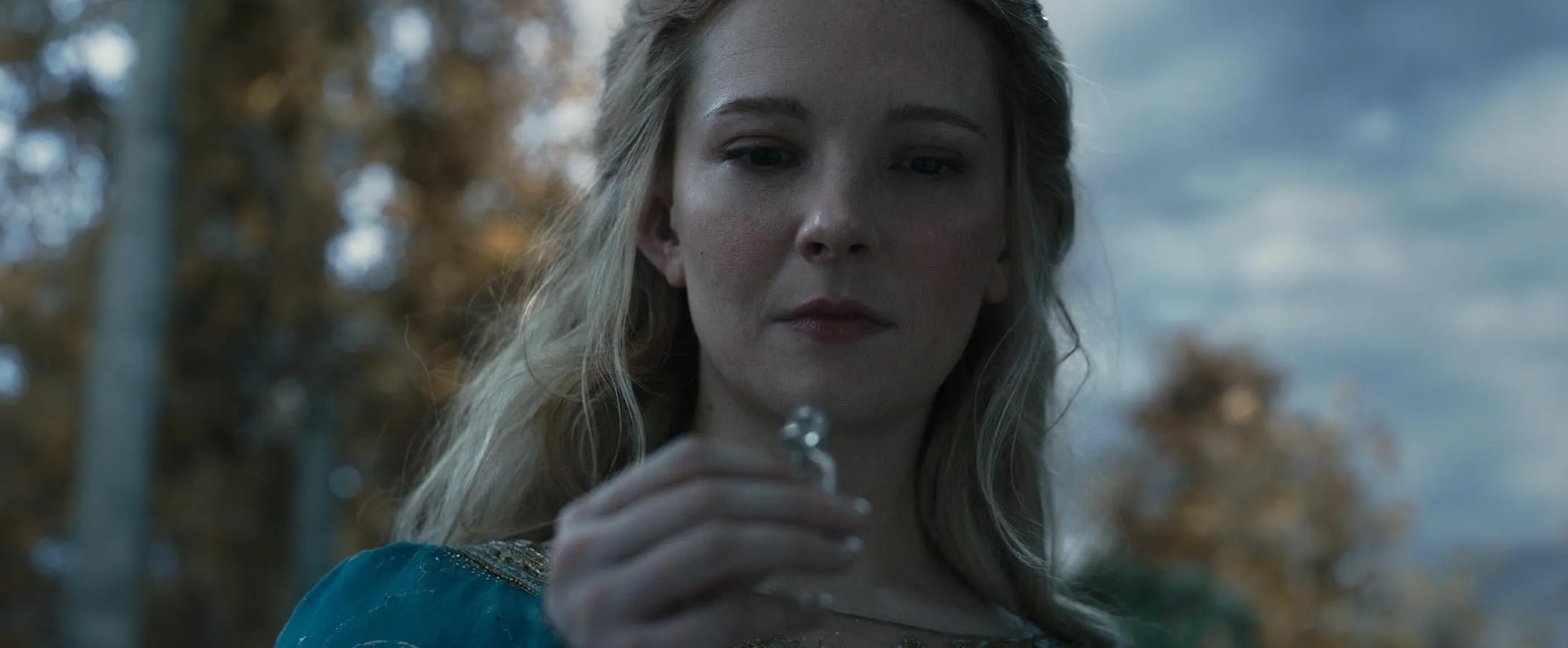
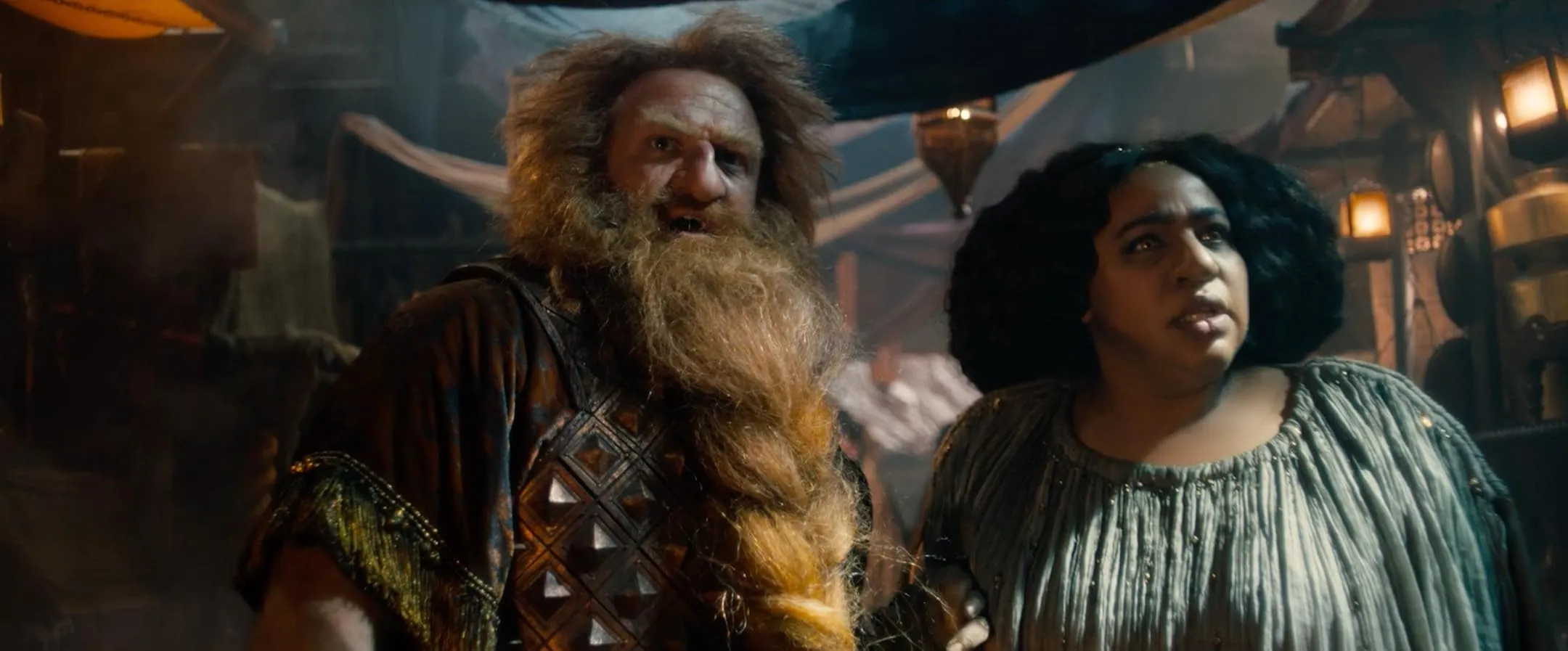
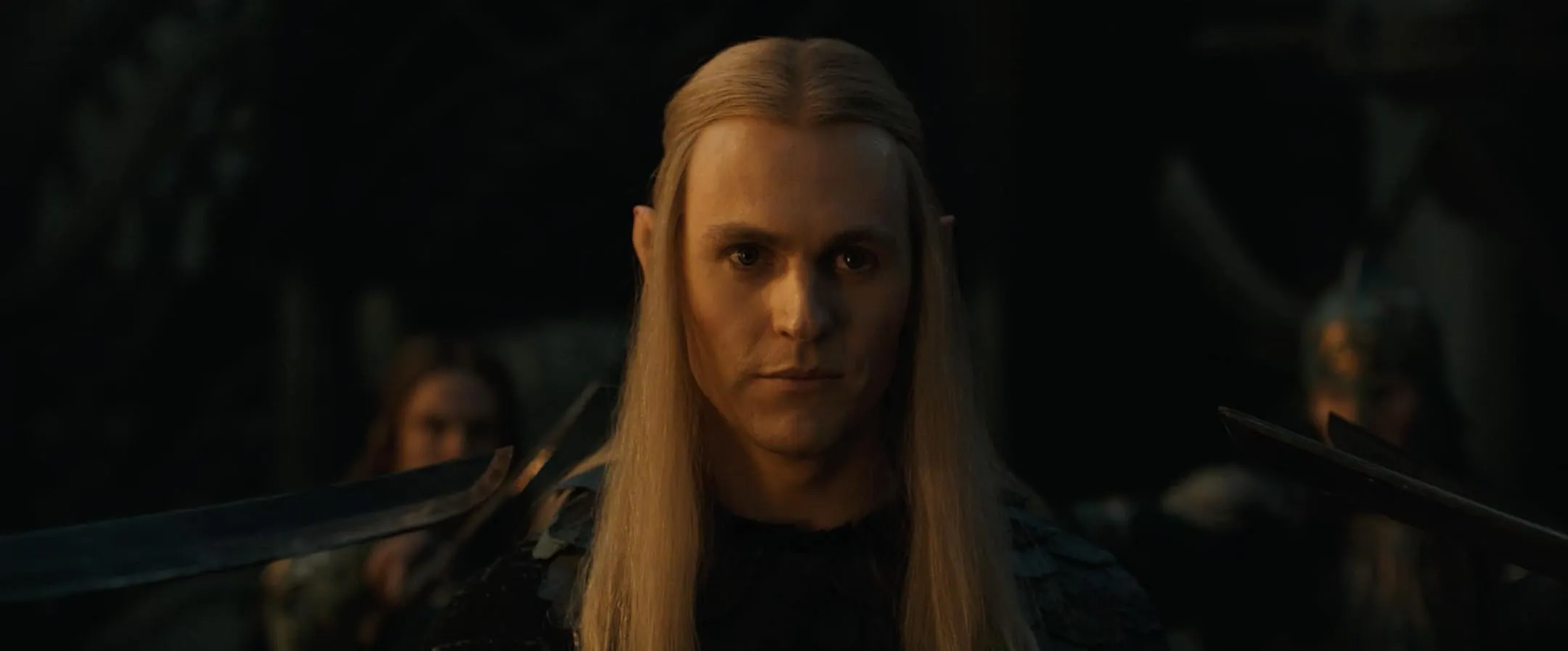
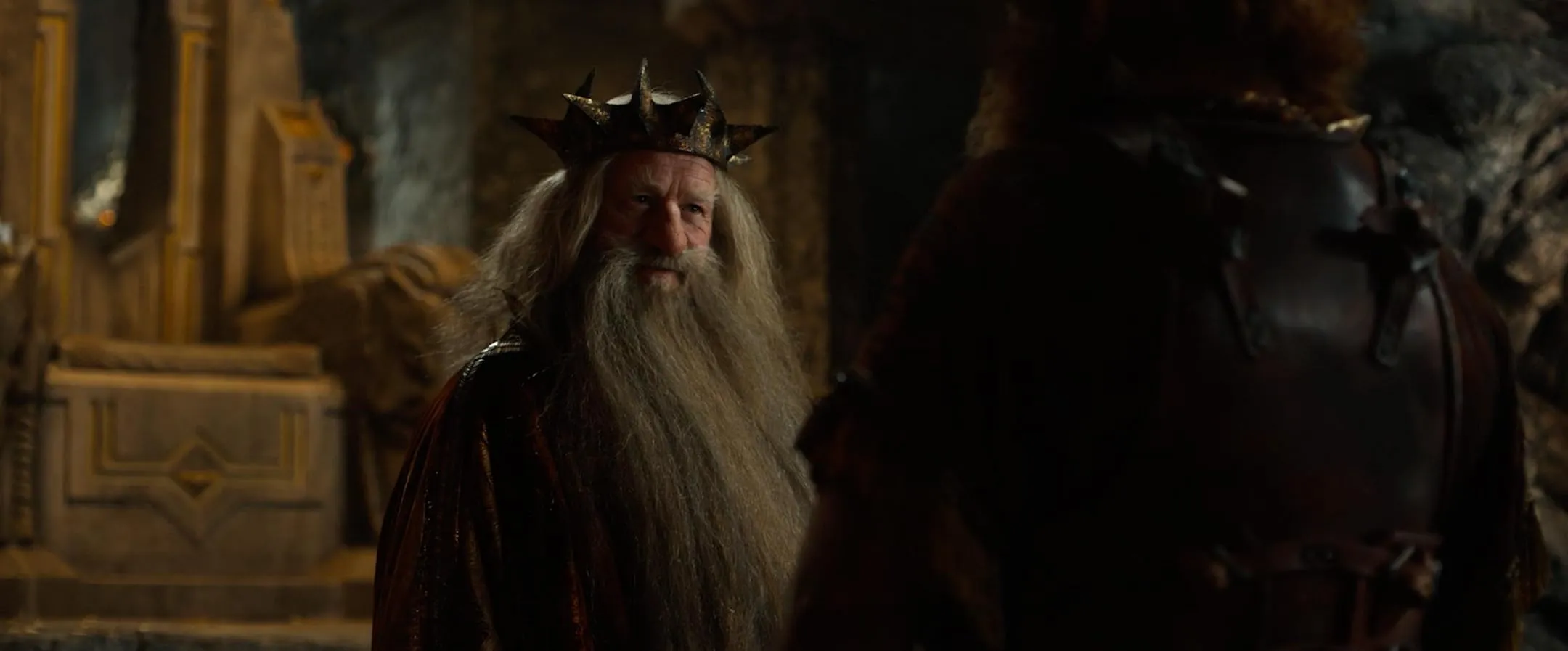
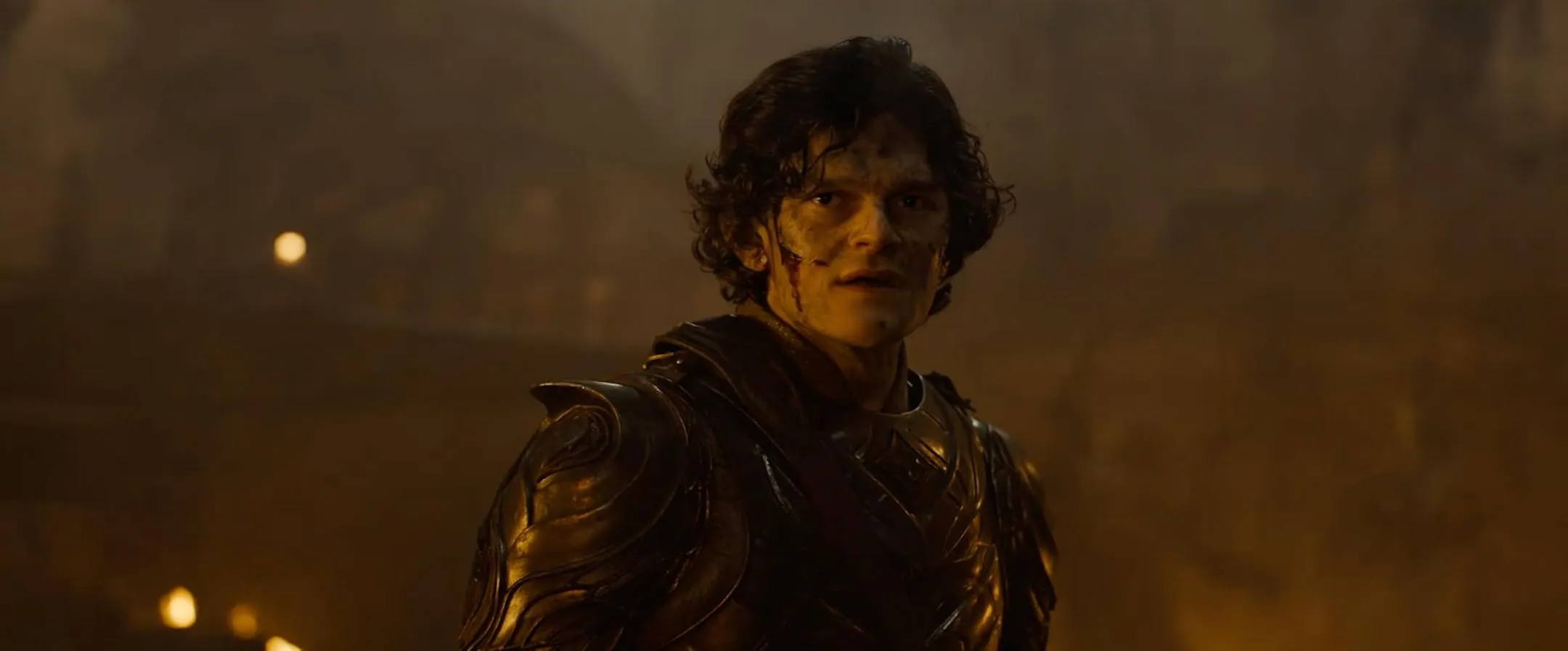








Discussion about this post